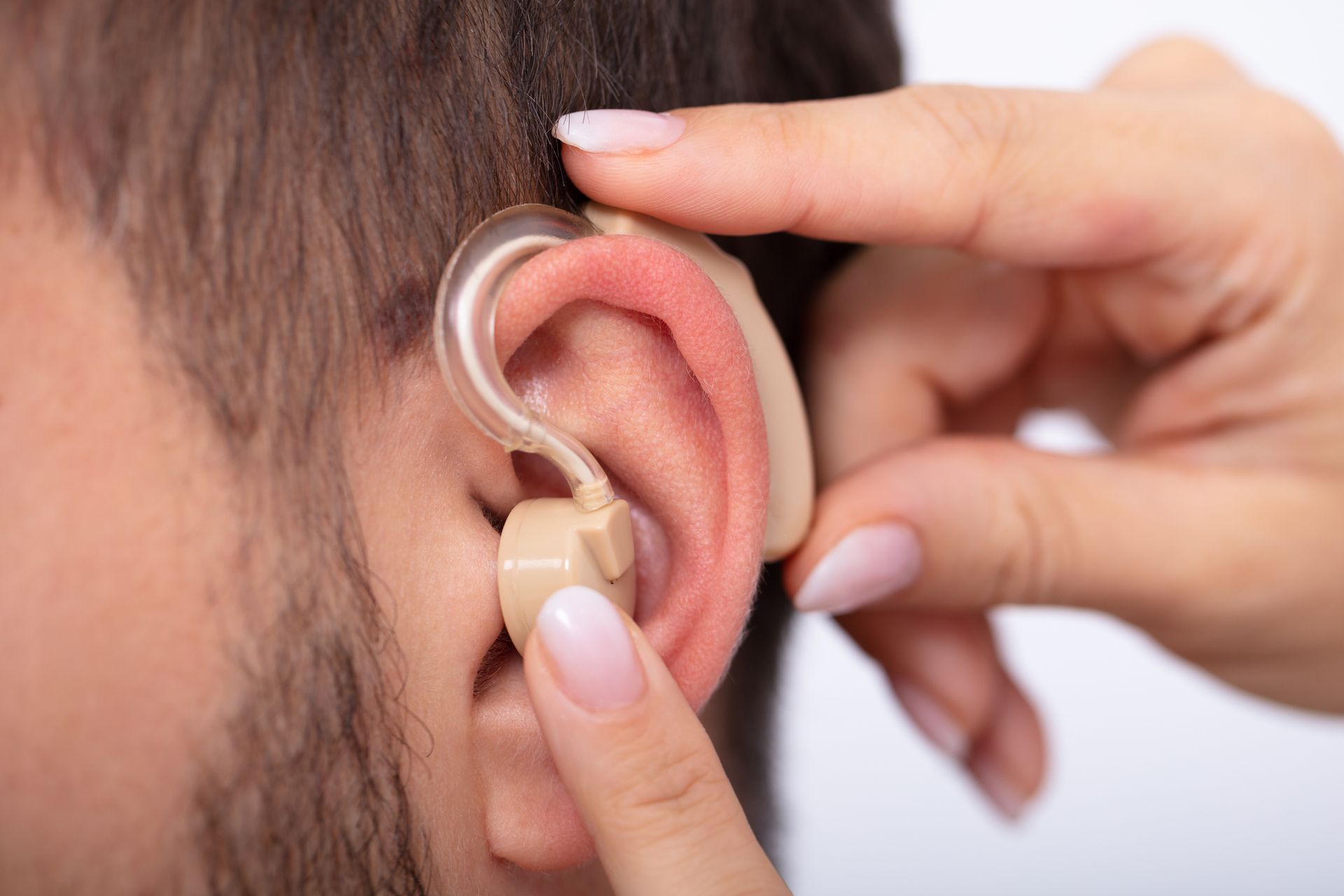Eagle Syndrome: Questions and Answers
Admin • June 29, 2021

When you have neck pain, throat discomfort, and other head or neck symptoms, you might assume that you have a common sore throat or ear infection. However, some people can develop similar symptoms due to a lesser-known problem called Eagle syndrome. This syndrome may cause recurring or constant discomfort.
Fortunately, ear, nose, and throat (ENT) specialists know how to diagnose and treat Eagle syndrome. In the meantime, a basic understanding of this strange problem can help you recognize its particular set of symptoms and seek the appropriate care. Get started by taking a look at the following questions and answers.
What Does Eagle Syndrome Involve?
A syndrome does not count as a disease or injury, but rather a set of symptoms that typically occur together due to particular underlying conditions or circumstances. In the case of Eagle syndrome, the symptoms occur due to abnormal changes in either a bone or a ligament just beneath one of your ears.
A small, pointed bone called the styloid process can sometimes grow unusually long. When this happens, it may press against nerves or blood vessels in the neck, producing the discomfort associated with Eagle syndrome. The ligament that attaches this bone to another bone in the neck can also calcify and create similar pressure.
Why Do People Get Eagle Syndrome?
Some people naturally have unusually long styloid processes that make them vulnerable to Eagle syndrome. In others, the bone or ligament changes occur with age. (Middle-aged women develop it more often than other population segments.) Inherited factors and traumatic injuries to the neck can also lead to Eagle syndrome.
One variant of Eagle syndrome can develop in people who have had tonsillectomy surgery. As the throat heals from the surgery, scar tissue may build up near the surgery site. Overgrown scar tissue can compress local nerves, producing the classic Eagle syndrome symptoms.
What Symptoms Can Eagle Syndrome Produce?
Eagle syndrome typically causes throat pain and a sensation that you have something stuck in your throat. The throat pain can radiate to the jaw, tongue, face, neck, or ear. This discomfort may come and go on its own, or you may feel it only when you swallow or turn your head. Other symptoms include tinnitus and headaches.
How Does an ENT Diagnose and Treat Eagle Syndrome?
You can easily mistake the symptoms of Eagle syndrome for those of many other throat or ear ailments. However, if you experience chronic symptoms that don't seem to have any connection to infectious diseases or acute injuries, your ENT may want to X-ray your neck to examine your neck's bones and ligaments.
If you have an elongated styloid process or a calcified ligament putting pressure on nearby nerves or blood vessels, your ENT may recommend surgery to correct the problem. The usual approach involves removing some of the styloid process, relieving the trapped structures and eliminating your symptoms.
In a conventional Eagle syndrome procedure, the ENT either makes an incision in the neck or performs a tonsillectomy to gain access to the styloid process from inside the mouth. Bear in mind that the former option can leave an obvious scar, while the latter option can make the surgery more complex.
Modern endoscopic surgery offers a minimally invasive alternative to traditional Eagle syndrome procedures. In this option, the ENT feeds a special tube into the throat. The tube contains both an illuminated camera and miniaturized surgical tools. Endoscopic surgery can simplify the overall procedure and make recuperation easier.
Wilmington Ear Nose & Throat MD can address a wide range of ear, nose, and throat issues, including neurological disorders such as Eagle syndrome. Contact either of our locations
to schedule an initial examination and discuss treatment options with an experienced ENT doctor.









